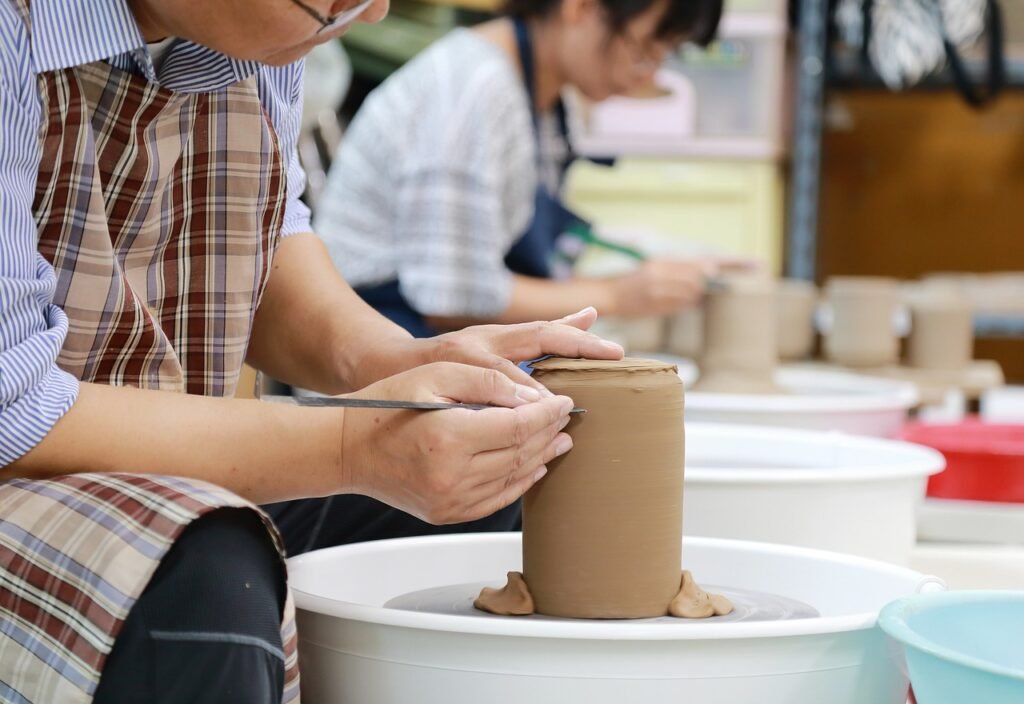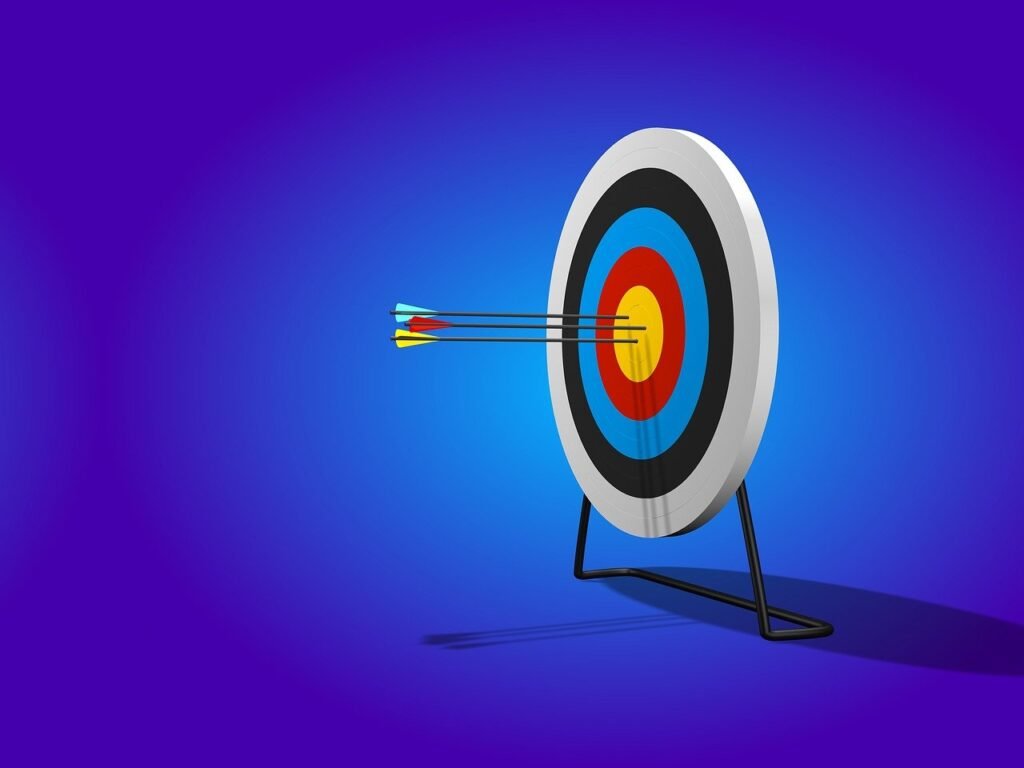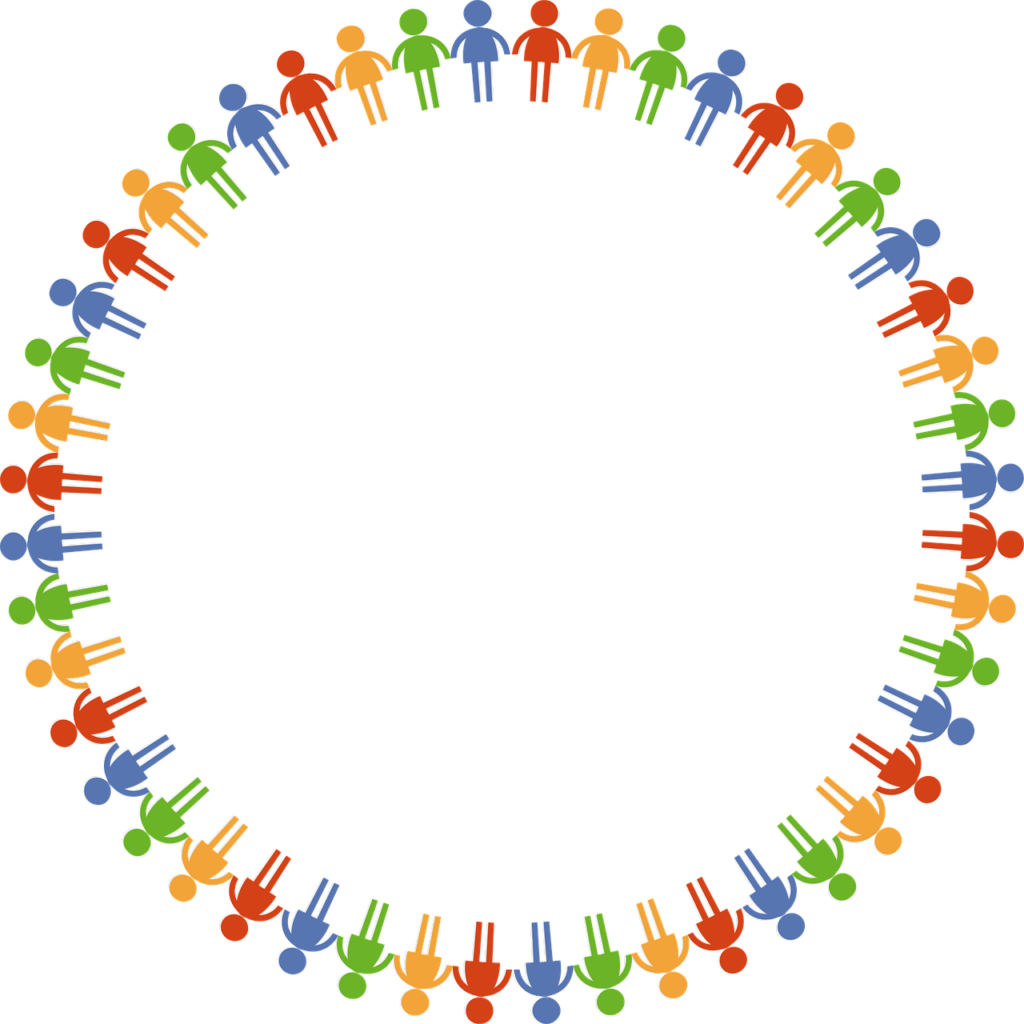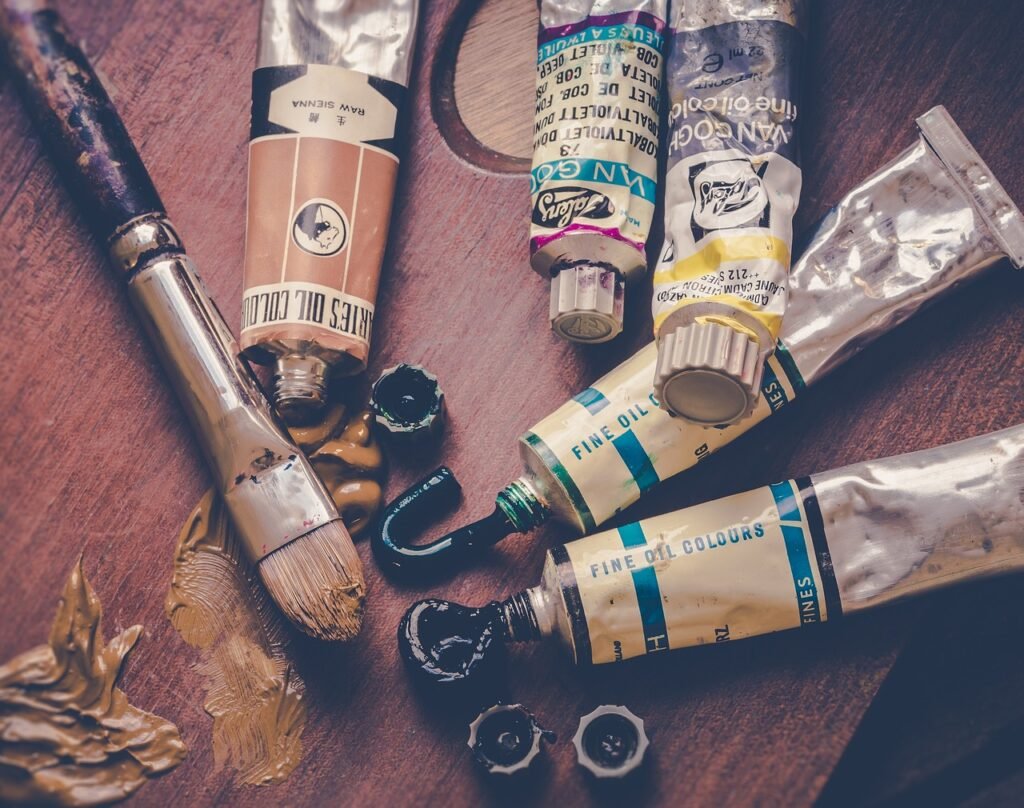
Introduction: Embracing a New Hobby in Your 30s
Stepping into your 30s often brings a sense of stability and self-awareness, yet it can also spark a yearning for new experiences and personal growth. Embracing a new hobby at this stage in life is not only feasible but also highly beneficial. It’s never too late to pick up a new interest or skill, and doing so can significantly enhance your overall well-being.
The are so many advantages to trying out new hobbies. Firstly, hobbies are excellent stress relievers. They provide a much-needed escape from the daily grind, allowing you to immerse yourself in an activity that you genuinely enjoy. This break from routine can have a profound impact on reducing stress levels and promoting relaxation.
Secondly, hobbies offer an opportunity to expand your social circles. Whether you choose an activity that involves group participation or simply join an online community of like-minded enthusiasts, you are likely to form new connections and friendships. These social interactions can be particularly valuable, enriching your life with fresh perspectives and shared experiences.
Moreover, picking up a new hobby can significantly boost your mental health. Engaging in activities that challenge your mind and body can lead to a sense of accomplishment and purpose. This, in turn, fosters a positive outlook on life and can even improve cognitive function over time.
Despite these benefits, many people harbour concerns about starting something new in their 30s. Common apprehensions include doubts about having enough time, feeling out of place among more experienced individuals or fearing failure. However, it’s important to remember that every expert was once a beginner. Your 30s can be the perfect time to explore new interests, as you likely have more resources and maturity to dedicate to your pursuits.
In essence, starting a new hobby in your 30s is a rewarding endeavour that can enrich your life in numerous ways. By embracing this opportunity, you open yourself up to personal growth, new relationships, and enhanced well-being.
Identifying Your Interests and Passions

Embarking on a new hobby in your 30s begins with a journey of self-reflection to pinpoint what truly excites and motivates you. To start, consider revisiting past interests or activities that once brought you joy but perhaps were set aside due to life’s demands. Reflect on these experiences to see if they still resonate with you or if there’s a new angle you might explore.
If you are really struggling to think of something you might enjoy, you could try taking personality quizzes designed to highlight your preferences and strengths. These tools can offer insights into hobbies that align with your natural inclinations, making the pursuit more enjoyable and fulfilling. Websites such as 16Personalities or Myers-Briggs Type Indicator can be helpful in this endeavour, providing a structured approach to understanding your interests.
Exploring new activities through trial and error is also a valuable strategy. Don’t hesitate to try out different hobbies even if they seem outside your usual interests. Attend local workshops, join community groups, or participate in online classes to get a taste of various pursuits. This hands-on approach allows you to experience first hand what truly captivates you.
Popular hobbies among individuals in their 30s often include activities that offer both relaxation and a sense of accomplishment. Photography, for instance, not only allows you to capture beautiful moments but also provides a creative outlet. Gardening can be incredibly therapeutic, connecting you with nature and giving you the satisfaction of nurturing life. Learning a musical instrument, on the other hand, can be both challenging and rewarding, offering a sense of progress and achievement over time.
Ultimately, identifying your interests and passions is a personal and evolving process. By taking deliberate steps to explore and reflect, you can discover hobbies that enrich your life and bring a renewed sense of purpose and joy.
Researching and Choosing the Right Hobby

Starting a new hobby can be an enriching and rewarding experience, but it’s crucial to start with thorough research. The first step is to explore various online resources to gather information about potential hobbies. Websites, forums, social media groups, and YouTube tutorials offer valuable insights, personal experiences, and firsthand looks at various hobbies from others who share your interests.
Visiting local hobby shops can be another excellent way to discover new interests. These stores often carry a wide range of materials and equipment for different activities, allowing you to get a tangible sense of what each hobby involves. Additionally, the staff at these shops can provide expert advice and recommendations based on your interests and lifestyle.
Joining community groups or clubs is another effective method for finding a hobby that suits you. Engaging with these groups not only helps you learn more about various activities but also connects you with like-minded individuals who can offer support and encouragement. Local community centers or libraries often have bulletin boards or websites listing clubs and hobby groups in your area.
When choosing a hobby, it’s essential to consider the time, financial investment, and physical requirements it entails. Some hobbies, like gardening or painting, may require a significant initial investment in tools and supplies, while others, such as jogging or yoga, might have minimal costs. Similarly, the time commitment can vary; for instance, learning to play a musical instrument may require daily practice, whereas reading or knitting can be more flexible.
To narrow down your choices, reflect on your personal interests, lifestyle, and goals. Ask yourself what you hope to gain from this new activity. Are you looking for relaxation, physical fitness, or perhaps a creative outlet? By carefully considering these factors, you can make an informed decision and select a hobby that will bring you joy and fulfillment in your 30s and beyond.
Setting Realistic Goals and Expectations

It is important to set realistic and achievable goals to ensure long-term success and enjoyment. When trying out something new, breaking down the learning process into manageable steps can make the journey more enjoyable and less overwhelming.
Begin by identifying what you hope to achieve with your new hobby. Are you looking to develop a new skill, meet like-minded individuals, or simply find a creative outlet? Understanding your motivations can help you set both short-term and long-term goals that are tailored to your personal aspirations. For instance, if you are learning to play a musical instrument, your short-term goal might be to master a simple song, while your long-term goal could be to perform in front of an audience.
Once you have a clear vision of your goals, create a step-by-step plan to reach them. Breaking down your objectives into smaller, more manageable tasks can prevent feelings of being overwhelmed and help maintain your motivation. For example, if you are interested in gardening, start with learning about soil types and plant care before moving on to more complex landscaping projects.
Staying motivated is essential when starting a new hobby. Celebrate small victories along the way and remind yourself of the progress you have made. Joining a community of fellow hobbyists can also provide support and encouragement. Connecting with others who share your interests can offer a sense of camaraderie and make the learning process more enjoyable.
It is important to avoid common pitfalls such as burnout or frustration. Pace yourself and allow time for relaxation and reflection. Remember that it is perfectly normal to experience setbacks and challenges. Learning from these experiences can contribute to your growth and development.
By setting realistic goals and maintaining a positive mindset, you can successfully integrate a new hobby into your life and enjoy the numerous benefits it offers.
Finding Resources and Communities

One of the most effective ways to immerse yourself in your chosen hobby is by joining local clubs and organizations. In the UK, there is no shortage of groups dedicated to a wide range of interests. For instance, Meetup groups are a fantastic starting point, offering opportunities to connect with people who share your passions. Whether you’re interested in hiking, painting, writing, or birdwatching, there’s likely a Meetup group tailored to your interest.
Another valuable resource is local workshops and classes. Many community centers, libraries, and specialized establishments host workshops that cater to various hobbies. These sessions not only provide structured learning but also foster a sense of community among participants. For example, the Royal Horticultural Society offers gardening workshops across the UK, while local art studios frequently run painting and pottery classes.
Online forums and social media groups are also indispensable for hobbyists. Websites like Reddit and Facebook host numerous groups where enthusiasts can exchange tips, showcase their work, and seek advice. Engaging in these online communities can provide continuous inspiration and support, especially for hobbies that require ongoing practice and refinement.
Moreover, national organizations often serve as excellent resources. For example, the British Mountaineering Council offers extensive information and support for climbing enthusiasts, while the British Amateur Radio Club serves those interested in radio communication. These organizations often provide newsletters, forums, and events, enhancing your ability to stay informed and connected.
Connecting with others who share your interests is crucial for sustained motivation and enjoyment. Whether through local clubs, online forums, or national organizations, finding a community can significantly enrich your hobby experience, offering both support and inspiration as you delve deeper into your new pursuit.
Balancing Your Hobby with Other Commitments

Starting a new hobby in your 30s can be a fulfilling endeavor, but it often requires careful balancing with existing commitments such as work, family, and social obligations. Effective time management becomes paramount in ensuring that your hobby receives the attention it deserves without disrupting other areas of your life.
One of the first steps in integrating a new hobby into a busy schedule is to employ time management techniques. Utilizing tools like calendars, planners, or digital scheduling apps can help you carve out dedicated time for your hobby. Allocate specific blocks of time during the week and treat these periods as non-negotiable, just like you would for work meetings or family events. This consistency not only aids in developing your skills but also helps in forming a habit.
Setting aside dedicated time for your hobby is crucial. Whether it’s an hour in the evening after work or a weekend morning, having a regular slot allows you to immerse yourself fully without distractions. Communicating with family and friends about this new commitment is equally important. Let them know how much this hobby means to you and discuss how you can all support each other in your respective interests. This openness can pave the way for understanding and mutual respect, thereby reducing potential conflicts.
Balancing a hobby with professional responsibilities involves setting clear boundaries. For example, if you’re an avid gardener, you might reserve early Saturday mornings for tending to your plants, ensuring it doesn’t interfere with your workweek. For those with family commitments, finding hobbies that can be enjoyed together, such as cycling or cooking, can be a great way to integrate quality time with personal interests. Alternatively, if solo activities are preferred, ensuring that your hobby time doesn’t overlap with key family moments can maintain harmony.
Ultimately, the goal is to harmonize your new hobby with your existing lifestyle. By prioritizing, communicating, and setting clear boundaries, you can enjoy the benefits of your hobby without sacrificing other important aspects of your life.
Overcoming Challenges and Staying Motivated

Starting a new hobby in your 30s comes with its unique set of challenges. For many UK residents, one of the most significant hurdles is finding the time. Balancing work, family, and other responsibilities can leave little room for new activities. To combat this, it is crucial to schedule dedicated time for your hobby, even if it’s just a few minutes each day. Consistency is key, and those small increments can add up to substantial progress over time.
Another common obstacle is the fear of initial failure. It’s important to remember that learning something new often involves making mistakes. Rather than viewing these as setbacks, consider them as valuable lessons. Seeking mentorship can be incredibly beneficial here. A mentor can provide guidance, share their own experiences, and offer encouragement when you hit a rough patch. Local hobby groups and online forums can be excellent resources for finding a mentor.
Setting small milestones is another effective strategy for staying motivated. Breaking your ultimate goal into manageable steps can make the process less overwhelming and provide a sense of accomplishment along the way. Celebrate these small victories, no matter how minor they may seem. Rewarding yourself for progress can boost morale and keep you engaged.
Waning interest is another challenge that can derail your new hobby. To keep your enthusiasm alive, try to infuse variety into your activities. Experiment with different techniques, tools, or settings to keep things fresh and exciting. Additionally, sharing your progress with friends or joining a community of like-minded individuals can add a social element that makes the experience more enjoyable.
Ultimately, the key to overcoming these challenges is perseverance. Embrace the learning process and find joy in each step, no matter how small. Remember, the goal isn’t just to master a new skill but to enrich your life with something you genuinely enjoy. Your 30s can be a wonderful time to explore new interests, and with the right mindset and strategies, you can successfully integrate a fulfilling hobby into your life.
Conclusion: The Joy and Benefits of Lifelong Learning
Embarking on a new hobby in your 30s offers an array of rewards, from enhancing your mental well-being to fostering new social connections. Throughout this guide, we have explored various facets of starting a hobby, including identifying your interests, understanding the practical considerations, and overcoming initial hurdles. The journey of discovering and nurturing a hobby is not merely about acquiring a new skill; it’s about enriching your life with experiences that bring joy and a sense of accomplishment.
One of the profound benefits of lifelong learning is the continuous personal growth it facilitates. Engaging in a new activity stimulates your mind, keeps you intellectually active, and can even improve your problem-solving abilities. Whether you choose to delve into painting, take up gardening, or join a local sports club, each endeavor contributes to your overall well-being and enriches your life in meaningful ways.
Moreover, starting a hobby can significantly expand your social circle. Many hobbies come with built-in communities of like-minded individuals who share your interests. These interactions can lead to lasting friendships and a supportive network, which is especially valuable as we navigate the complexities of adult life.
The abundance of resources and community clubs in the UK make it easier to find and engage in a hobby that resonates with you. From community centres to online platforms, the opportunities to explore and cultivate new passions are plentiful. The key is to take that initial step with an open mind and a willingness to embrace the unknown.
In conclusion, the pursuit of a new hobby in your 30s is a testament to the enduring spirit of curiosity and the joy of lifelong learning. It’s a journey that promises not only personal fulfilment but also a richer, more connected life. So, take that first step today. Embrace the adventure, and discover the myriad ways a new hobby can transform your life.


